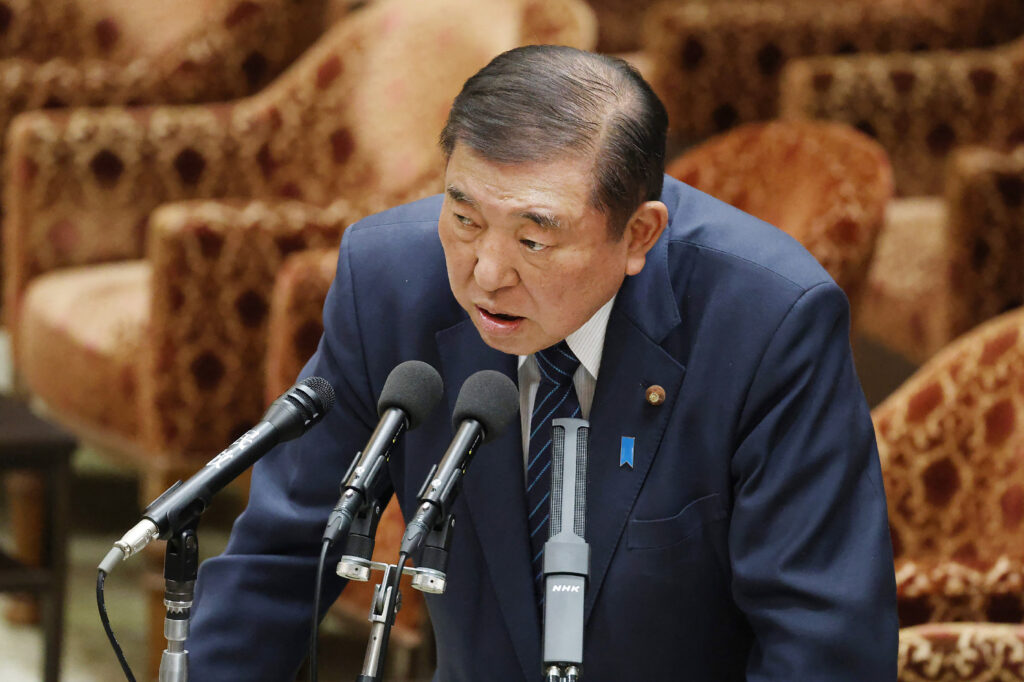
- ARAB NEWS
- 17 Aug 2025

TOKYO: Japanese Prime Minister ISHIBA Shigeru’s economic advisory panel recommended investment of $400 billion to boost productivity at smaller firms, a crucial segment in the government’s quest to achieve wage growth well in excess of inflation.
The panel, tasked to compile key economic policies for the government, presented a five-year plan at its meeting on Wednesday outlining steps to help small and mid-sized enterprises (SMEs) raise wages.
SMEs, which employ 70% of Japan’s workforce, have been struggling to consistently increase pay as they are already spending more of their profits on wages than their bigger counterparts. Pay hikes are seen as pivotal to retaining and attracting talent, particularly for SMEs, in the face of severe labour shortages.
The five-year plan sets the goal of stably achieving real wage increases of 1% higher than inflation, a bullish target given Japan’s inflation-adjusted real wages have struggled to sustainably turn positive for decades.
The specific steps include public and private-sector investment of 60 trillion yen ($407.86 billion) over the next five years to allow SMEs to digitise or automate operations, as well as beefing up support to foster mergers and acquisitions.
The panel also suggested strengthening regulatory scrutiny over business practices typically targeted at larger firms’ tendency to pressure their suppliers not to raise prices.
The panel’s proposals will be included in the annual policy guidelines to be released around June.
The panel was launched by former Prime Minister Fumio Kishida in 2021 to formulate a strategy to tackle wealth disparities and redistribute wealth to households in a “new capitalism” programme.
Ishiba has upheld his predecessor’s new capitalism policy drive, focusing on getting the economy to fully shake off the deflation mindset that has hobbled it since the 1990s.
Reuters